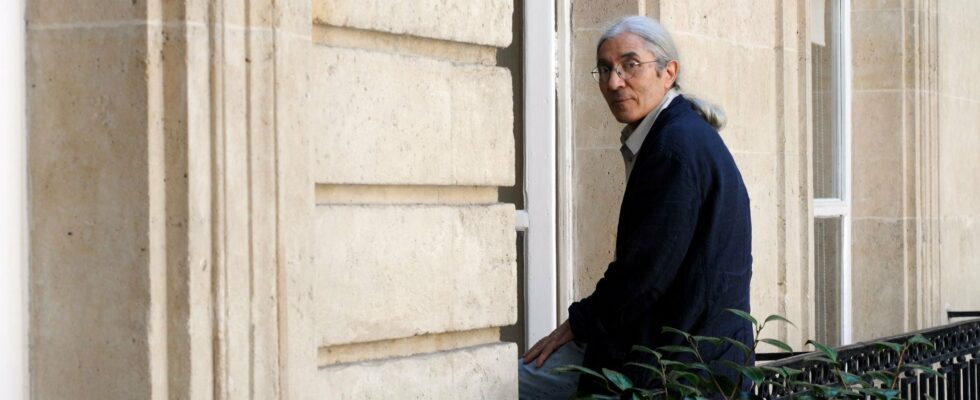Don’t make a mute person speak, he will insult you. This is the lesson that we could learn from the literary misadventure of Kamel Daoud, following the success of his novel Houris, Goncourt 2024, and the controversy to which it has been the subject since. Let us admit from the outset that writers are Machiavellian, unscrupulous and thirsty for words, and that they will stop at nothing, in the name of their art, to construct their works on paper. But if there are wars that we call “holy” or “just”, what can we say about a novel?
“The two men of letters are not celebrated in their country for their diatribes against the Algerian system and the Arab-Muslim world”
Daoud, who claims on television to be hungry for success and visibility, would he be ready for anything? The Algerian writer, naturalized French, is said to have “stolen” the story of his award-winning novel from a survivor of the “black decade” about whom it is forbidden to speak in Algeria. Daoud’s anti-muse is actually called Saâda (Felicity in Arabic.) Nothing to do with Fajr (Dawn), the heroine of Houris. Daoud could defend himself: “Fajr – otherwise Aube – it’s me!” but the author left too much DNA which identifies Saâda, perhaps neglecting to keep his back. And now, so to speak, the character becomes a person and leaves the silence for good; Saâda acquires sudden fame as a victim, not of the terrible massacre which cost him his vocal cords and decimated his entire family, but of a book which is inspired by his story. Behind her, a whole armada of resentful people who want Daoud’s skin.
Can we imagine the real Madame Bovary filing a complaint against Flaubert? Certainly, the poor woman was already dead and Flaubert was entitled to his trial for contempt of public and religious morals, brought by the inquisitors of the time, just as today Boualem Sansal sees himself imprisoned. This is because the two men of letters are not celebrated in their country for their writings, even less for their diatribes against the Algerian system and the Arab-Muslim world – which is why they are appreciated in France. They are rather denounced as figures of neo-harkism : movement which consists, for an Algerian intellectual, of denigrating his country and joining France to lead a peaceful existence, because it is a strange country where cutthroats are amnestied and writers are prosecuted.
Macron’s choice for Morocco as a backdrop
Sansal, also a naturalized Frenchman, was arrested in Algiers on November 16, and to this day there has been no news of him. Openly atheist and “religiophobic”, in perpetual crusade against Islamism, he recently declared that western Algeria was historically Moroccan before French domination and the drawing of current borders. Statements made to a French far-right media outlet called Bordersbut statements so offensive to Algerian nationalist ears and now understood as a threat to the territorial unity of the country.
Complex of small nations: the dog barks, the caravan gets stuck. The context does not work in Sansal’s favor since Emmanuel Macron’s recognition of the Moroccan nature of Western Sahara, even if, at the same timethe French president had recognized his country’s responsibility in the assassination of the Algerian nationalist Larbi Ben M’hidi, but it was not easy to keep things together. In short, Sansal, who said he was a “scandalous rumor” in Algeria, suddenly takes on importance in the eyes of those in power, as a “scandalous tumor”…
Ultimately – all authors dream of it – nothing can reward a work or an artist more than an absurd trial or a stupid fatwa. The pen being sharper than the sword, let us demand freedom for Sansal and acquit Daoud immediately. In the end, literature will remain. The proof: at the end of an interview, Saâda says she wants to write her story herself. Would she find a better negro than Daoud?
*Author of Love of invisible things (Ed. Grasset, 2021) and Naturalization (to be published in January 2025, Ed. Grasset)
